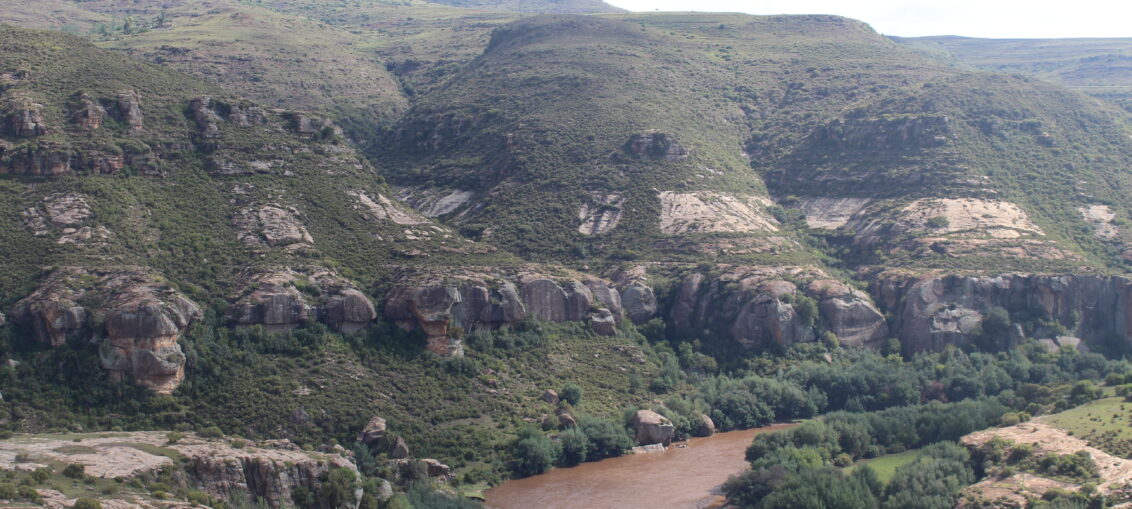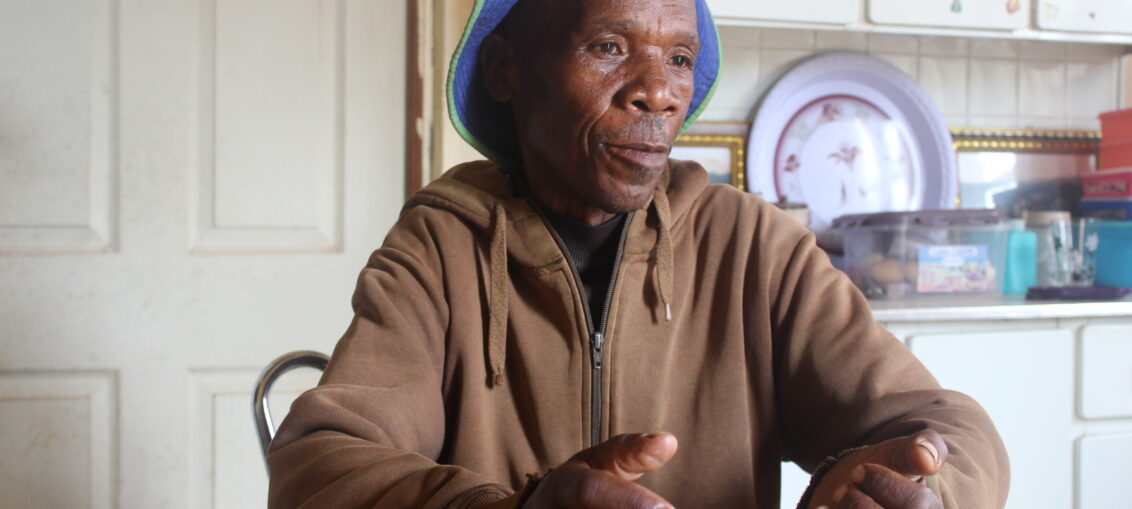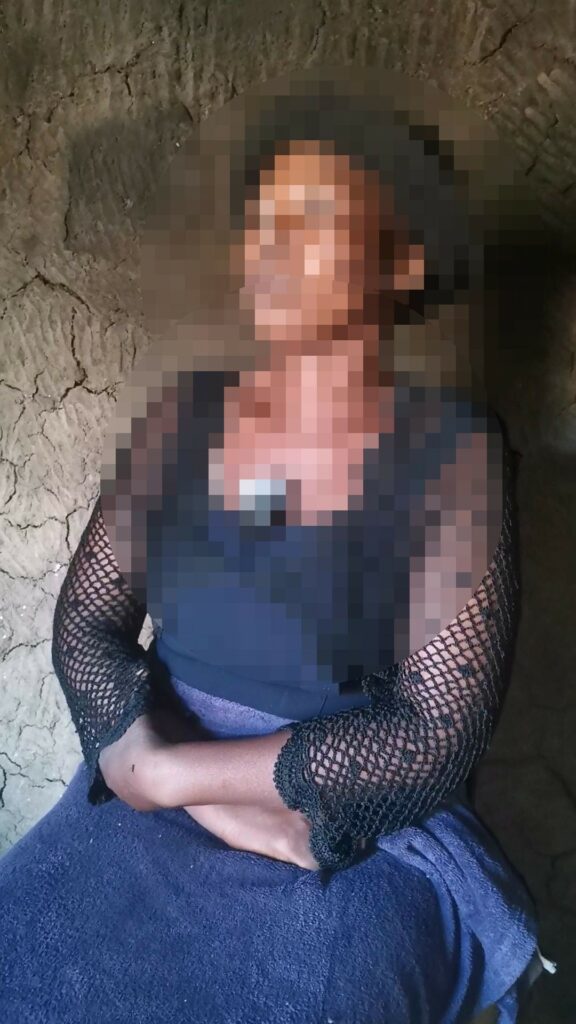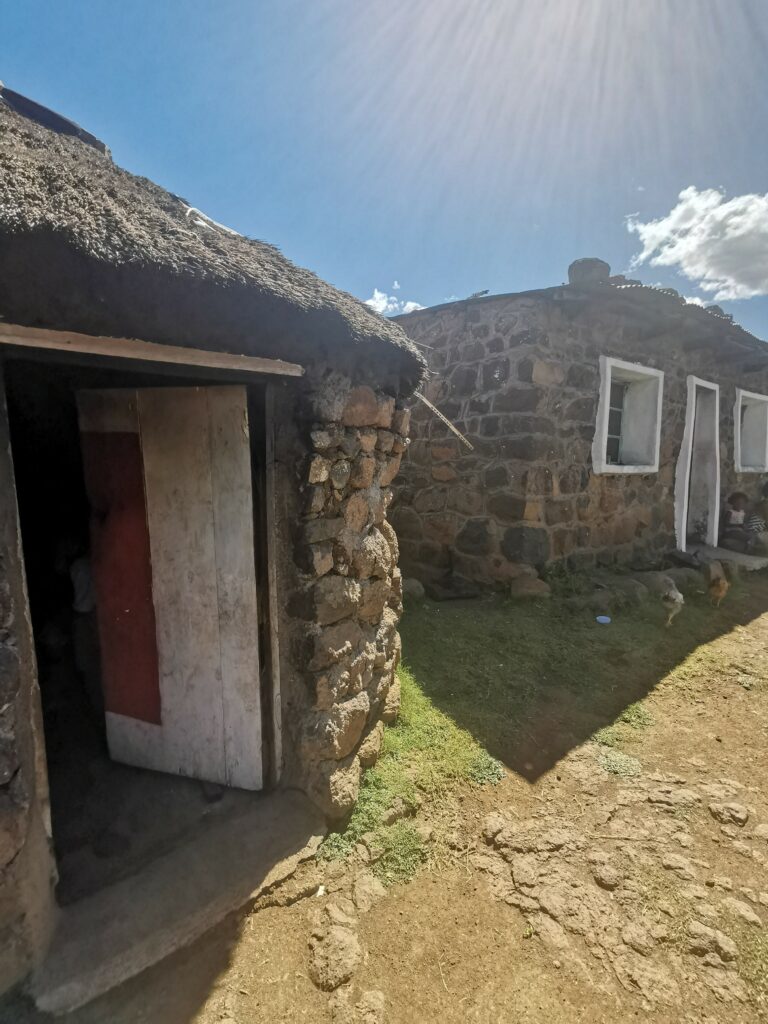Villagers Demand Answers Over Botswana Water Transfer Scheme
Residents of Tsinyane, which is a village tucked away on the outskirts of Malealea, Matelile, fear that if the Lesotho-Botswana Water Transfer Project begins it is going to mean they lose their ancestral homes as well as their livelihoods.
While residents have been paid M380 for the use of their land for feasibility works, they say they are in the dark about what will happen to them if the dam that is planned for the area does go ahead and flood the area.
So far there has been no community consultation as the environmental impact assessment process, which would require consultation, has, according to the company preparing the site for dam construction, been delayed because of a lack of funding.
Pre-feasibility studies that have been completed have recommended constructing a multi-purpose dam on the Makhaleng River, which would include a hydropower generation plant in Lesotho and a water transport system to Botswana through South Africa.
After the project is finished, it is expected to transfer 150 million cubic metres of water per year to Botswana, while supplying various users in Lesotho’s southern western parts and South Africa, with 50 million cubic meters including supplying Bloemfontein and enabling irrigation in Lesotho.
Tsinyane residents who spoke to MNN Centre for Investigative Journalism said they have learned “through the grapevine” that their ancestral homes which are built on the edges of Makhaleng River would be flooded when the Makhaleng Dam is constructed as part of the project.
“It’s essential to clarify that this stage [feasibility] is ongoing, and no conclusive results have been reached as yet,” Elita Banda who speaks on behalf of the company implementing the project, the Orange–Senqu River Commission (ORASECOM) warned in her response to MNN questions.
Tsinyane, like most Basotho rural communities, is characterised by rugged terrain, a lack of access roads and basic amenities.
The Malealea area, which includes Tsinyane only got electricity at the end of 2023. During MNN’s visit in December 2023, men employed by the Lesotho Electricity Company were pulling electricity cables and fixing them onto poles to connect the remote villages of Malealea to the country’s electricity grid.
Now that they have electricity, Tsinyane people want to continue living in the areas and want to be informed about and prepared for changes that the project will bring to their lives.
But ORASECOM does not seem ready to provide the answers the community is looking for at this stage. Banda told MNN that they “are unable to provide information on questions 1-13, as the Environmental and Social Impact Assessment (ESIA) for the project has not yet commenced and is only expected to begin in the latter half of 2024”.
MNN’s Questions 1-13 were aimed at establishing what public consultations had been held on this project as part of the required environmental and social impact assessment and community resettlement action plan. MNN has established that the public consultation will only be required once the EISA is being done. The EISA process has been delayed by a lack of funding.
This was confirmed during a press briefing held by the ORASECOM’s project office on March 7. Project coordinator Thabo Hloele told media that lack of adequate financial resources has delayed the project from carrying out the ESIA and other related works.
He said while there were funds earmarked for other studies, the bids received at the tendering stage for the Makhaleng dam ESIA, feasibility studies for the water conveyance system to Botswana and other related studies required more financial resources than anticipated.
“We are currently raising funds for the other delayed studies to be carried out,” said Hloele.
ORASECOM was established in November 2000 by the governments of Botswana, Lesotho, Namibia and South Africa to promote equitable and sustainable development of the resources of the Orange–Senqu River.
Communities shut out
One Tsinyane villager, Matšepiso Ralitša told MNN that Hloele had visited the area in 2022.
“He said he was inspecting the location conduciveness for dam construction. We showed him the location he asked for, but he has never given us the feedback”, said Ralitša who also explained that the community had met Hloele for a second time when he visited the area in 2023 at the start of feasibility studies. Some villagers were hired as security guards.
“We only learned from these guards that the studies were successful, and the dam construction shall take place in our village of Tsinyane. We have also learned that we shall be relocated.
“But shockingly when I inquired if they would relocate us or not, as they were talking about possibilities of a dam being erected in our area, Ntate Hloele responded that they cannot be the ones to decide and that is the duty of the government,” said Ralitša.
A community leader and Seinoli Legal Centre’s Human Rights Defender based in Malealea, Thabo Khosi, told MNN that ORASECOM had not approached communities in Malealea to sensitize and engage them about the dam openly.
“To my knowledge, ORASECOM officials came here just once. They told the people that government has intention to build a dam here in Malealea,” said Khosi, adding that in the second visit, officials were just addressing compensation issues for villagers whose fields, some cultivated, were trampled upon by tracked excavator machinery used in the feasibility studies.
“It can’t be that you [ORASECOM] keep silent when you know that these people are going to lose their communal grazing land, their agricultural land, and all other properties and ensure that they fully understand the benefits of these project and prepare them mentally. But that those things have not been done, even though soon as the project starts the people will be removed from their ancestral lands,” said Khosi.
However, Banda said their office has not received any queries from the local authorities or community members to date. She encouraged community members to reach out to local councillors and chiefs, “who are equipped to provide accurate information”.
She claimed the project is actively collaborating with local authorities in relevant areas promising that further engagement activities would be undertaken with communities as the project continues.
Pitiful Compensation
Chief Qaba Mahao of Malealea told MNN that the project affected some of his community members fields as tracked excavators and vehicles ran over the fields as they passed through to project site. Although Qaba said that the impact was minimal, his affected subjects were each compensated M380 so that they could plant their fields.
“We looked into the cost of planting when using cattle and /or when using a tractor. We considered what it would cost to plough an acre. Those who knew price said an acre cost M380 if I recall. Hence the M380 were paid per acre affected”.
While Qaba was satisfied with the compensation, affected fields owners shared their worries about the value of this compensation with MNN.
“We were paid paltry compensation and wonder what will happen when an actual dam is constructed with all our land taken away from us. We are worried because we learned the dam is coming here from rumours and there is no official communication on our fate,” said ’Matšepiso Ralitša a resident of Tsinyane.

Another villager, Motsoanakaba Nketjoane, said what irked them most was that Geomechanics, contractor engaged to undertake feasibility studies by ORASECOM, did not bother to seek their consent before running machinery over their fields.
“I have two fields that are adversely affected, and I was shocked to receive a mere M380. I have just ploughed the place that they compacted with their machinery, it was very hard and cost more than their M380 compensation,” said Nketjoane.
“When I tried to plough the area, it was difficult to convince tractor owners to provide me the services, so I ploughed with an ox-drawn plough and the surface was very hard due to compaction and the soil is not loose for agriculture anymore,” said Nketjoane.
Nketjoane was corroborated by Ralitša who said: “Incidents of ploughs being broken were not considered and we suspect that even tractor owners would not be willing to plough the area that is in question for just M380 we were given as compensation”.
But Banda argues that “given the project [feasibility] stage, compensation issues have not been dealt with. They will be dealt with based on the outcome of the ESIA studies that cover the entire project.
The M380 was meant to assist the individual property owners in preparing their fields by removing vehicle tracks before the ploughing season started”. She insists the M380.00 was not imposed on the Tsinyane people but was agreed upon in consultations with the property owners, under the guidance of the local authorities.














